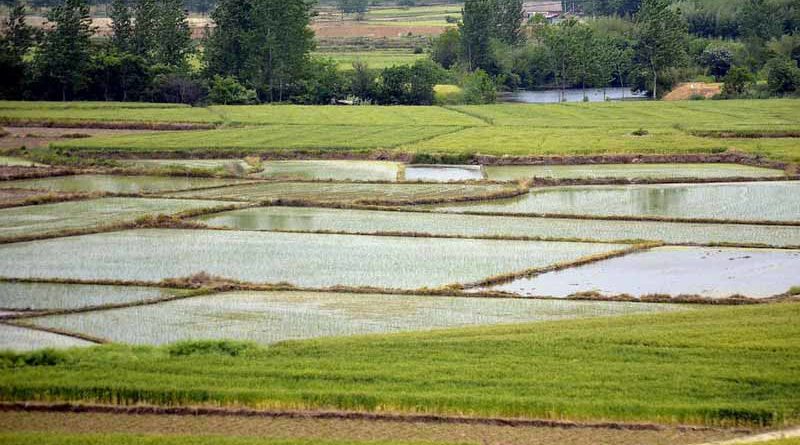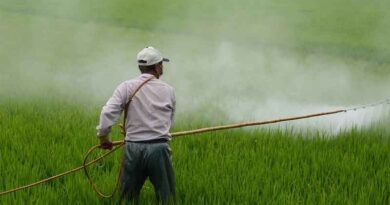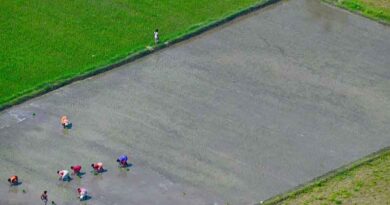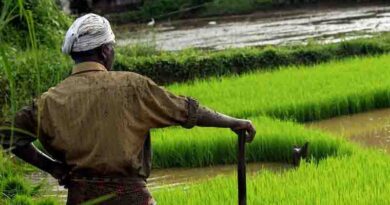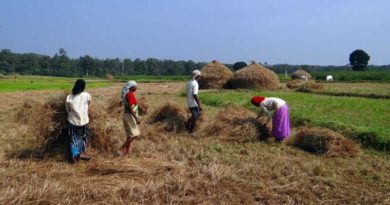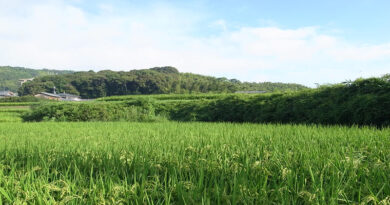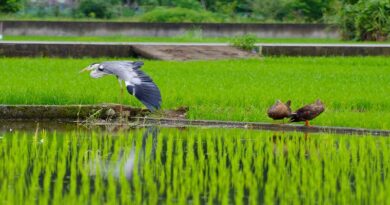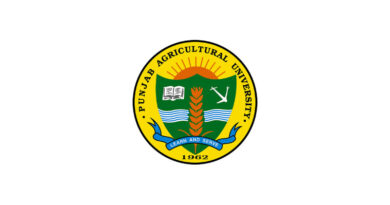Protecting Basmati exports Punjab stops sale of 9 pesticides
22 July 2020, New Delhi: To save Basmati rice exports, Punjab today released the orders to stop sale of 9 pesticides immediately. The move of banning 9 pesticide was taken after detailed discussion of Agriculture department of Punjab with PAU, APEDA and the Punjab Rice Miller Exporter Association.
Secretary Agriculture, Mr. Pannu announced, “The move is a result of the recent crisis of rejection of Basmati consignments by European Union and USA due to higher pesticide residue than prescribed limits set by these countries.
Read: Sale of DAP fertilizer in India up by 108% compared to last year
The 9 pesticides banned are chemical formulations of acephate, carbendazim, thiamethoxam, triazofos, tricyclazole, buprofezin, carbofuron, propiconazole and thiophanate methyl.
The campaign to produce residual free rice started in the year 2018, where the farmers were discouraged to use 5 identified pesticides for paddy cultivation.
Last year, APEDA highlighted the issue where 9 pesticides were identified, whose MRL values were less than 0.01 ppm for export purpose. The campaign was further extended to 9 pesticides in Kharif 2019.
Read: Kharif sowing crosses 691 lakh ha as on 17th July 2020
The campaigns were run by private companies to inform, educate and guide the farmers by conducting meetings, running TV advertisements, and informative posters for the Basmati farmers.
KRBL, an exporter of rice informed the that about 50% samples were found to have pesticides residues above the prescribed limit. The representative suggested that these pesticides shouldn’t be available in the market so that the farmer has no option but to use alternatives.
Representative from the agrochemical industry suggested that the state needs to chart out a program to dissuade farmers from using these fertilizers. The industry highlighted that these 9 products have been registered in CIB&RC on paddy and also on other crops. Removing these pesticides completely from the state will affect other major crops. The total area of basmati is only 20%-25% of the total paddy areas.
The Agrochemical industry representatives further mentioned that the substitute products will be very costly and are supplied by limited companies only. The industry also highlighted an economic loss of about 300 Cr. with banning of these 9 pesticides.
Photo credit: IFPRI on VisualHunt.com / CC BY-NC-ND

